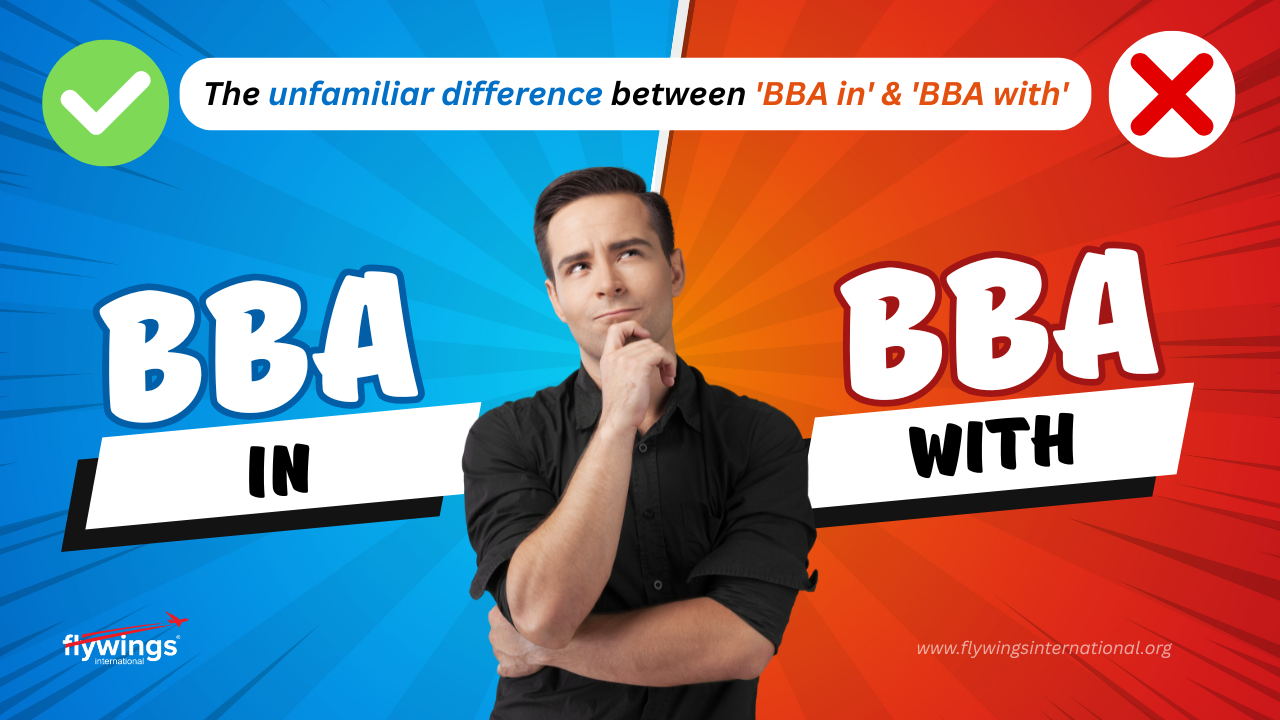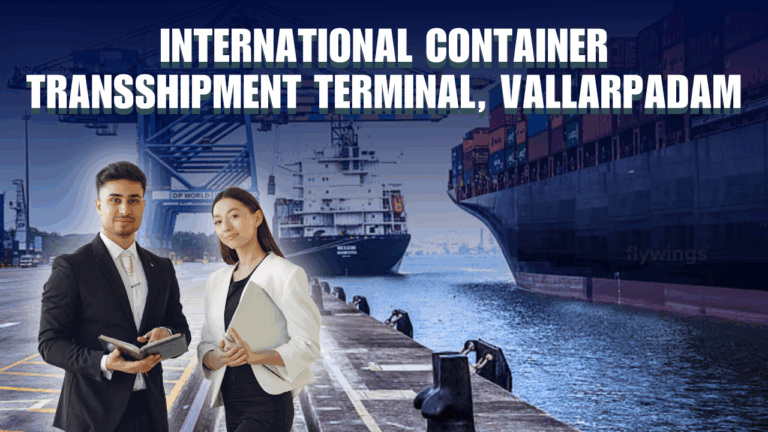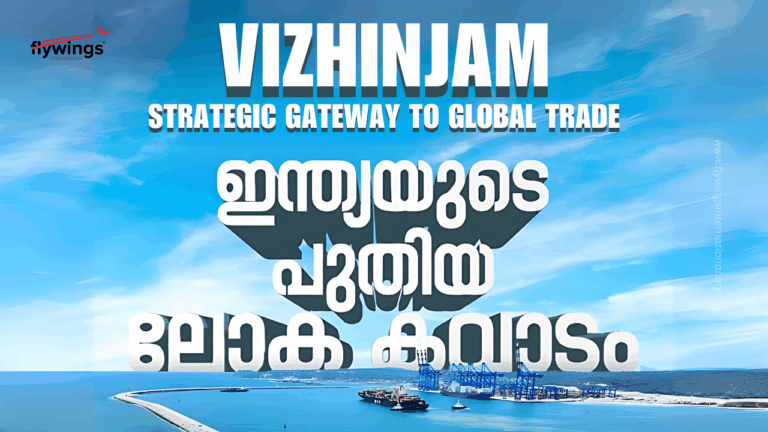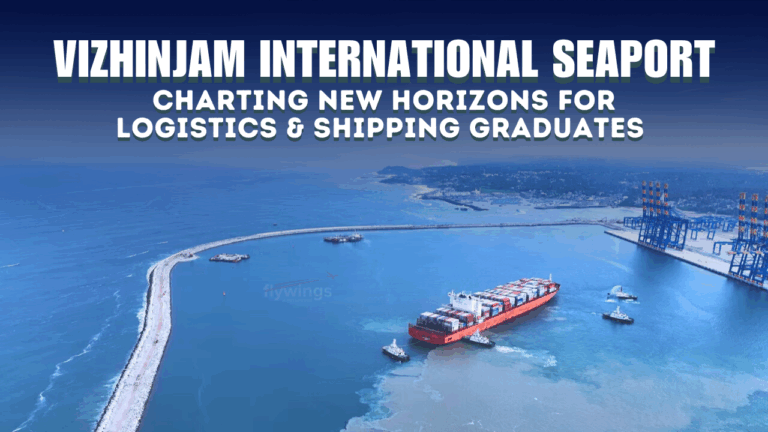‘BBA in’ and ‘BBA with’ Airline & Airport Management / Shipping & Logistics Management
Why the Difference Matters More Than You Think?
When students and parents explore aviation or logistics courses, one important detail often gets missed — the difference between ‘BBA in’ and ‘BBA with‘ Airline & Airport Management, Shipping & Logistics Management.
Though they sound similar, they are not the same, and choosing the right one can have a major impact on your career path.
What Does “BBA in” Mean?
“BBA in” Airline and Airport Management” or “BBA in Shipping and Logistics management” is a specialized degree program.
Here, the aviation or logistics subjects are the core part of the curriculum — not just an add-on.
Students get in-depth academic and practical training in areas such as:
- Airport and airline operations
- Cargo and ground handling
- International shipping and port management
- Warehouse and supply chain systems
- Aviation safety, logistics technology, and industry regulations
This structure ensures students are industry-ready by the time they graduate.
What About “BBA with” Airline, Airport, Logistics or Shipping?
“BBA with Airline and Airport Management” (or similar) is a general BBA program, with an extra diploma or certificate added alongside.
In this case:
- The main degree focuses on general management subjects like HR, Marketing, and Finance.
- The aviation or logistics component is taught separately, often as a short-term course.
- The diploma does not carry the same academic weight or depth as core papers.
This model gives only basic exposure — not true specialization.
It’s the Same with M.B.A Programs Too
Whether at UG or PG level, the same logic applies:
- An MBA in Logistics or Aviation = Core subjects are industry-specific
- An MBA with Aviation or Logistics = Add-on diploma with limited depth
Employers know the difference, and so should you.
Ask Yourself: Why Settle for Less?
Why study a general B.B.A with a basic add-on, when you can pursue a full B.B.A degree where aviation, airport management, logistics, or shipping subjects are taught as core papers — and often at the same cost?
With a “B.B.A in” program, you don’t just learn about the industry — you learn for the industry.
- Deeper knowledge
- Better placements
- Stronger industry recognition
- Long-term career growth
Choosing the right structure isn’t just about your degree — it’s about your future.
Final Thought
Before enrolling, always ask:
Is this a true B.B.A/M.B.A in the specialization, or just a general course with an add-on?
Because in today’s competitive job market, clarity, depth, and industry relevance make all the difference.







